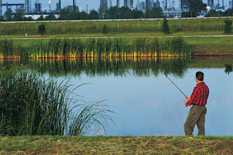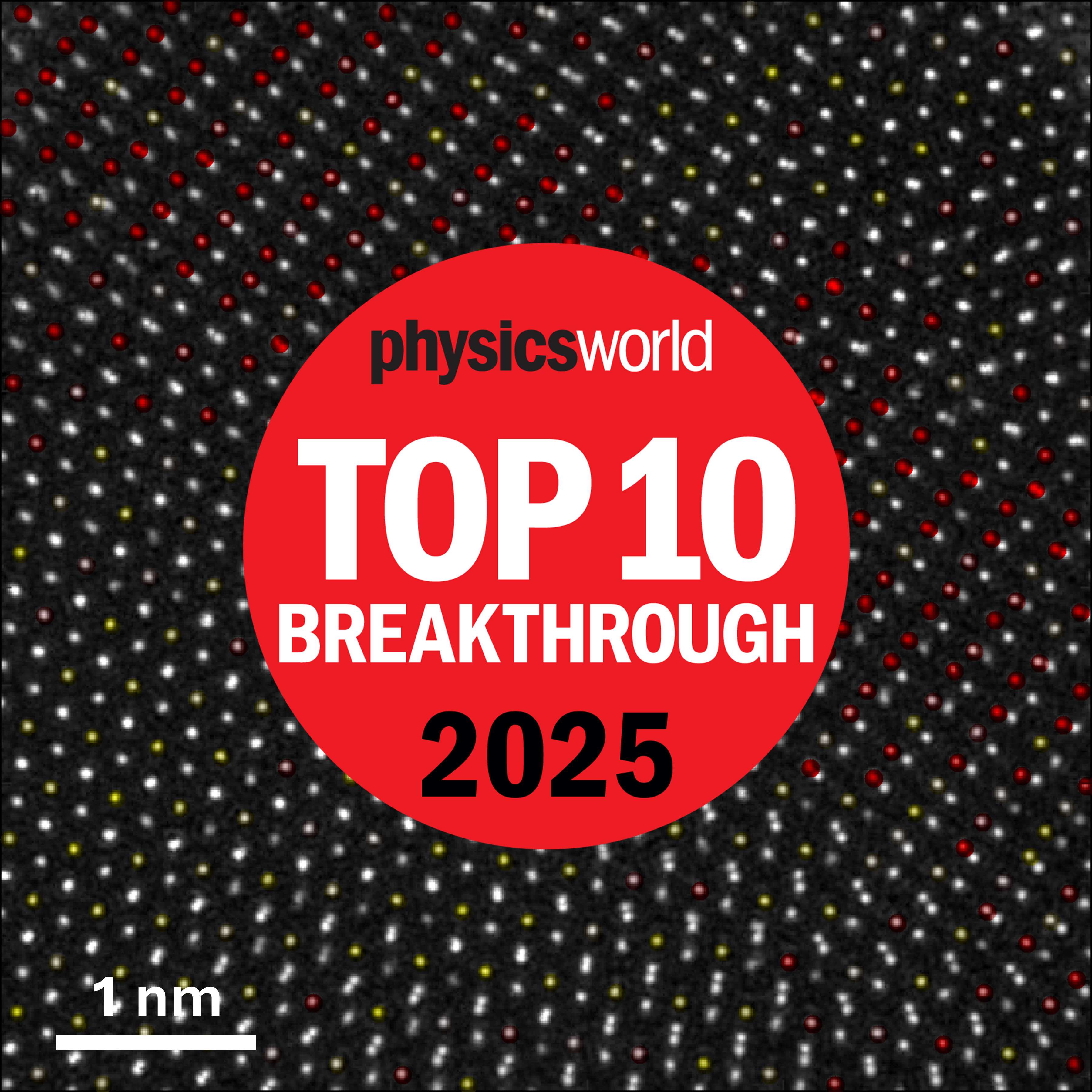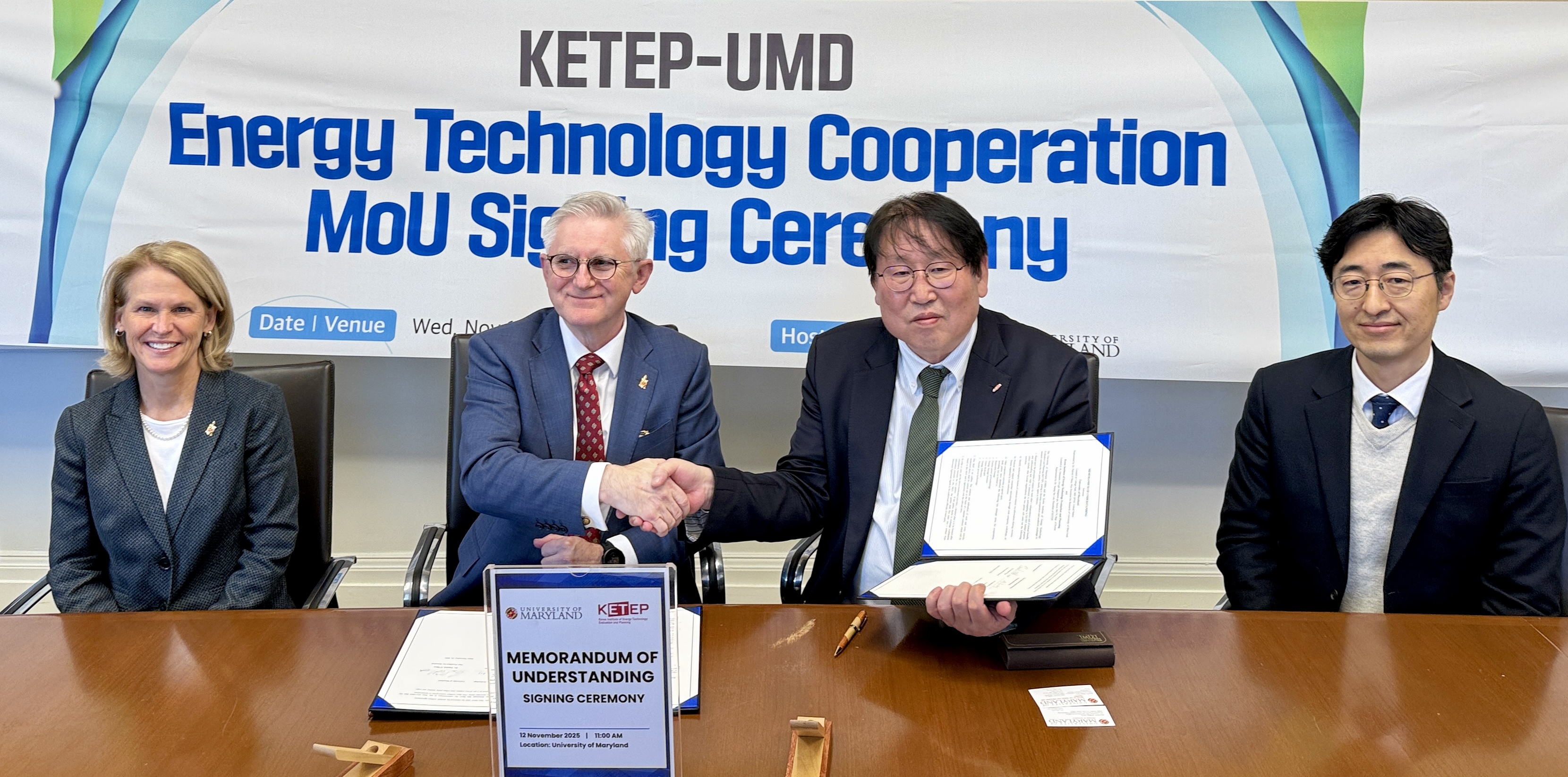News Story
ConocoPhillips and UMERC Host Town Hall on Energy

Bill Berry began the session by introducing the motives of “Conversation on Energy,” a nationwide public outreach program to create a two-way dialogue between energy producers and consumers. Berry stressed the importance of energy security over energy dependence; the challenge of producing all energy domestically may be insurmountable, but a diverse, reliable supply is not. Malcolm Woolf followed this by discussing Maryland’s need for an affordable, reliable, and clean energy supply. The EmPOWER Maryland initiative seeks to achieve this by reducing the energy consumption of the state government by 15 percent by 2015. Pam Kasemeyer brought business/energy relations to the table, making it clear that business and clean power do not always have to oppose each other. Jim Scinta reiterated his colleague’s points, giving examples of the diverse programs ConocoPhillips has undertaken to diversify its global markets. These include large research projects on biofuels, a pilot project to sell renewable diesel in Ireland, and an agreement with Tyson to create fuel from beef, pork, and poultry fat. Joshua Feldmark concluded the introductory presentations with a brief summary of what is being done locally in Howard County, Maryland. The county has ambitious plans to reduce greenhouse gas emissions by 7% by 2012, and by a full 80% by 2050. To facilitate this, many county-funded facilities will have to be built as LEED-certified “green” buildings, solar power demonstration projects will be put up across the county, and a “Green Central Station” website will be created as a dedicated resource for community members.
Following these remarks, community members, local high school students, and professionals participated in an extended question and answer session. Topics ranged from the relative importance of nuclear power, biofuels, and alternative sources of petroleum, to energy efficiency, policy, and public transportation. The audience’s comments and questions showed a strong interest in conservation strategies, a general distrust of nuclear energy, and overall concern about climate change. The panelists remained after the conclusion of the event to discuss further questions individually with audience members.
Published September 27, 2007








